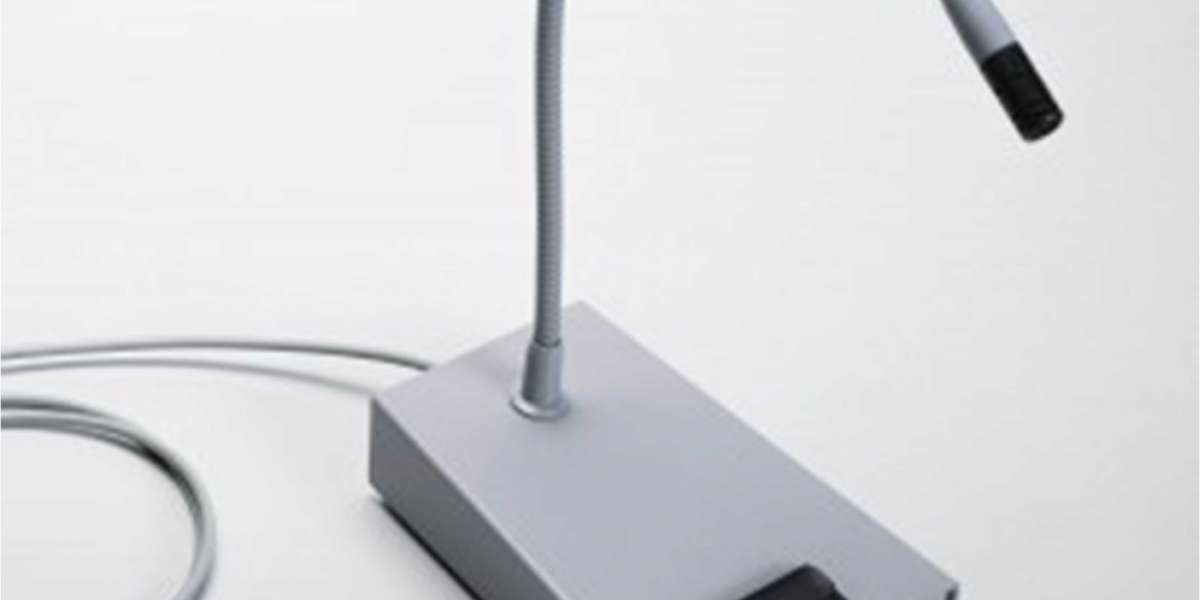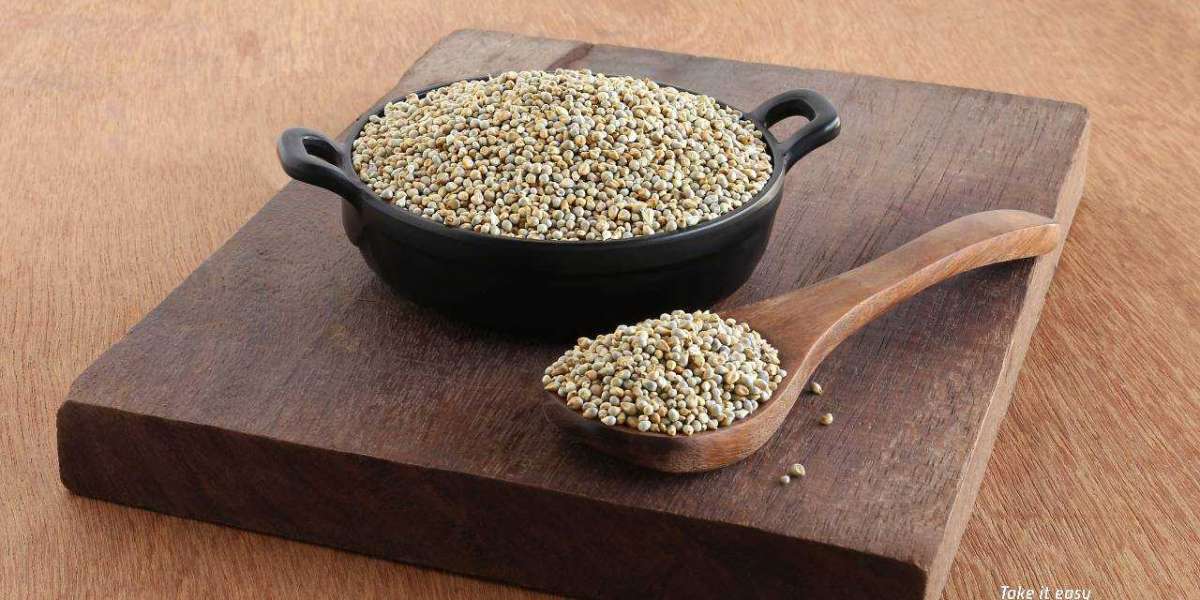Male Infertility specialist in lahore is a growing concern that affects nearly 40% of all infertility cases worldwide. In Lahore, like many other regions, couples often turn to advanced fertility treatments to overcome these challenges. Among the most successful and widely used techniques is ICSI (Intracytoplasmic Sperm Injection) a procedure specifically designed to address male fertility problems.
What Is ICSI?
ICSI is an advanced form of In Vitro Fertilization (IVF) where a single, healthy sperm is directly injected into a mature egg using a microneedle. Unlike traditional IVF, where eggs and sperm are mixed in a dish to allow natural fertilization, ICSI bypasses the need for sperm to swim or penetrate the egg on its own.
This technique is particularly effective when sperm quality or quantity is severely compromised making it an ideal option for couples struggling with male factor infertility.
Types of Male Infertility That May Require ICSI
Fertility experts in Lahore recommend ICSI in the following cases:
1. Low Sperm Count (Oligospermia)
When the number of sperm in a sample is significantly below normal, natural fertilization becomes difficult. ICSI allows the selection and use of just one viable sperm per egg.
2. Poor Sperm Motility (Asthenozoospermia)
If sperm cannot swim properly, they may never reach the egg. ICSI eliminates this barrier by manually placing the sperm inside the egg.
3. Abnormal Sperm Morphology (Teratozoospermia)
In cases where sperm have structural abnormalities, natural fertilization may fail. ICSI can still use sperm that are functional but irregularly shaped.
4. Azoospermia (No Sperm in Semen)
If no sperm is present in the semen, fertility specialists in Lahore can retrieve sperm directly from the testicles using TESA, PESA, or micro-TESE and then use ICSI to fertilize the egg.
5. Unsuccessful IVF or Unexplained Infertility
Even when no clear male factor is present, ICSI may be recommended after failed IVF cycles or unexplained fertilization failure.
Why Is ICSI Preferred for Male Infertility in Lahore?
Fertility centers in Lahore, such as Australian Concept Infertility Medical Center.
Higher Fertilization Rates: Direct injection leads to better results in cases of poor-quality sperm.
Advanced Lab Facilities: Lahore’s top clinics have cutting-edge labs and skilled embryologists trained to perform delicate ICSI procedures.
Cost-Effective in the Long Run: While ICSI is more expensive than traditional IVF, it often prevents multiple failed cycles, saving time and emotional stress.
ICSI Success Rates in Male Infertility Cases
The success of ICSI largely depends on factors like female partner’s age, egg quality, and the cause of male infertility. However, for male factor infertility, ICSI has significantly improved chances of conception:
Fertilization rates: 70–80% per cycle (when healthy eggs are available)
Pregnancy rates: 35–45% in women under 35
Live birth rates: Comparable to traditional IVF when female fertility is normal
Clinics like Australian Concept report consistent success with ICSI, especially when sperm is retrieved surgically or when semen quality is extremely poor.
Is ICSI Safe?
Yes. ICSI is considered safe and is used in over 60% of IVF cycles worldwide. While there is a slightly increased risk of genetic issues (especially when male infertility is caused by Y chromosome defects), pre-treatment screening and Preimplantation Genetic Testing (PGT) can minimize these risks.
Many fertility centers in Lahore offer genetic counseling for men with severe infertility before recommending ICSI, ensuring ethical and well-informed decisions.
What to Expect During ICSI Treatment in Lahore
Here’s a simplified step-by-step overview:
Initial Assessment
Includes semen analysis, hormone tests, ultrasound, and sometimes genetic evaluation.Ovarian Stimulation (Female Partner)
Fertility medications help produce multiple eggs.Egg Retrieval
Eggs are collected under mild sedation using ultrasound guidance.Sperm Preparation and Injection
A single sperm is injected into each mature egg in the lab.Embryo Monitoring and Transfer
Healthy embryos are monitored and transferred to the uterus after 3–5 days.Pregnancy Testing
A blood test is done 12–14 days after embryo transfer to confirm pregnancy.
Final Thoughts
It offers a precise, effective solution when natural conception is not possible due to sperm issues. With expert care, modern labs, and tailored protocols available at top fertility clinic in Lahore, ICSI continues to bring hope and success to thousands of couples.
If you or your partner are facing male infertility challenges, consult a certified fertility specialist in Lahore to explore whether ICSI is the right treatment for your situation. Early diagnosis and the right treatment approach can make all the difference in your parenthood journey.








